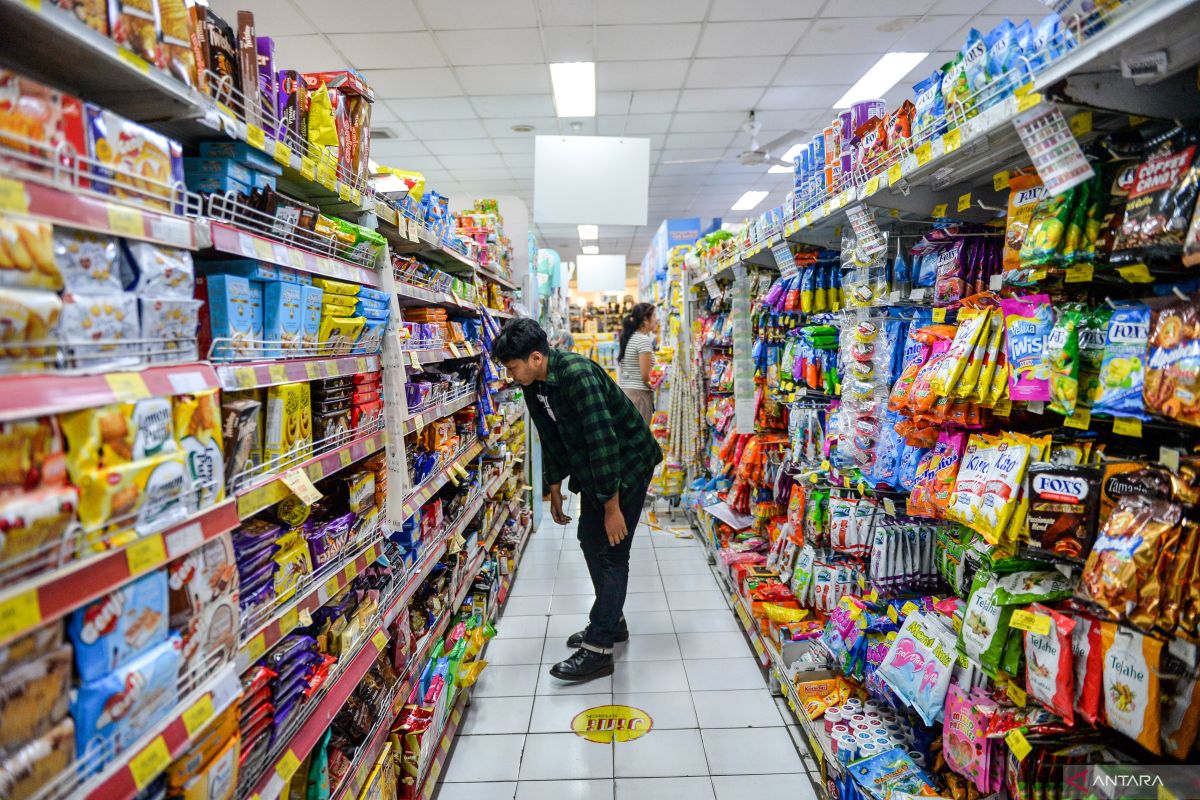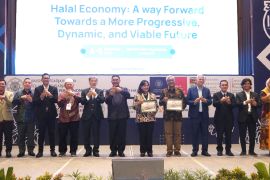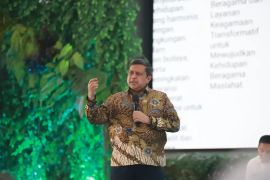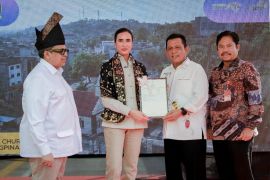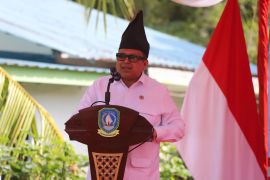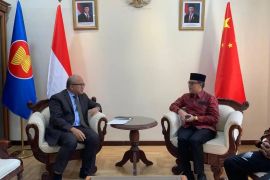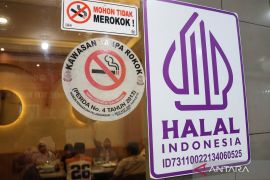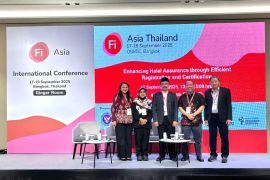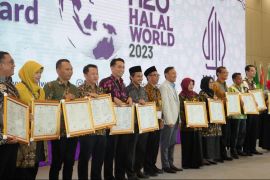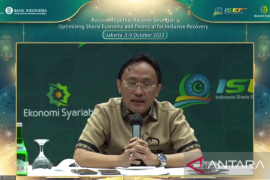At a press conference in Jakarta on Friday, he informed that products marketed in the country, whether halal or non-halal, are required to include information about their halal status
"Food must be halal, then what about non-halal ones? It is allowed to circulate in Indonesia, (marketing of non-halal products) is absolutely allowed, as long as it is given a halal or non-halal label, that's all," Hassan clarified.
He explained that the marketing of products in Indonesia is regulated by Law Number 33 of 2014, Article 4, which firmly states that all products entering, circulating, and traded in Indonesia must be halal certified, with clear limitations and provisions.
However, Government Regulation (PP) Number 42 of 2024, Article 2, paragraph 2 states that products made from prohibited materials are exempt from the obligation to be halal certified.
If a product contains non-halal ingredients, the regulation requires business actors to state it is not halal on the label.
He explained that products include food, drinks, medicines, cosmetics, and/or derivative products.
"If it turns out to be not halal, it will be excluded based on the article I mentioned earlier. And for the exception, a statement that is not halal must be given," he said.
He added that non-halal business actors who do not provide information, especially the contents of their products, on the label could be subject to criminal penalties on the basis of fraud.
"If the ingredients are different from the real ones, they will be punished, that is a fraud," Hassan said.
Related news: Indonesia keen to improve halal tourism: ministry
Related news: Devise cross-ministry synergy program: minister to halal agency
Translator: Muhammad Harianto, Cindy Frishanti Octavia
Editor: Aditya Eko Sigit Wicaksono
Copyright © ANTARA 2024
